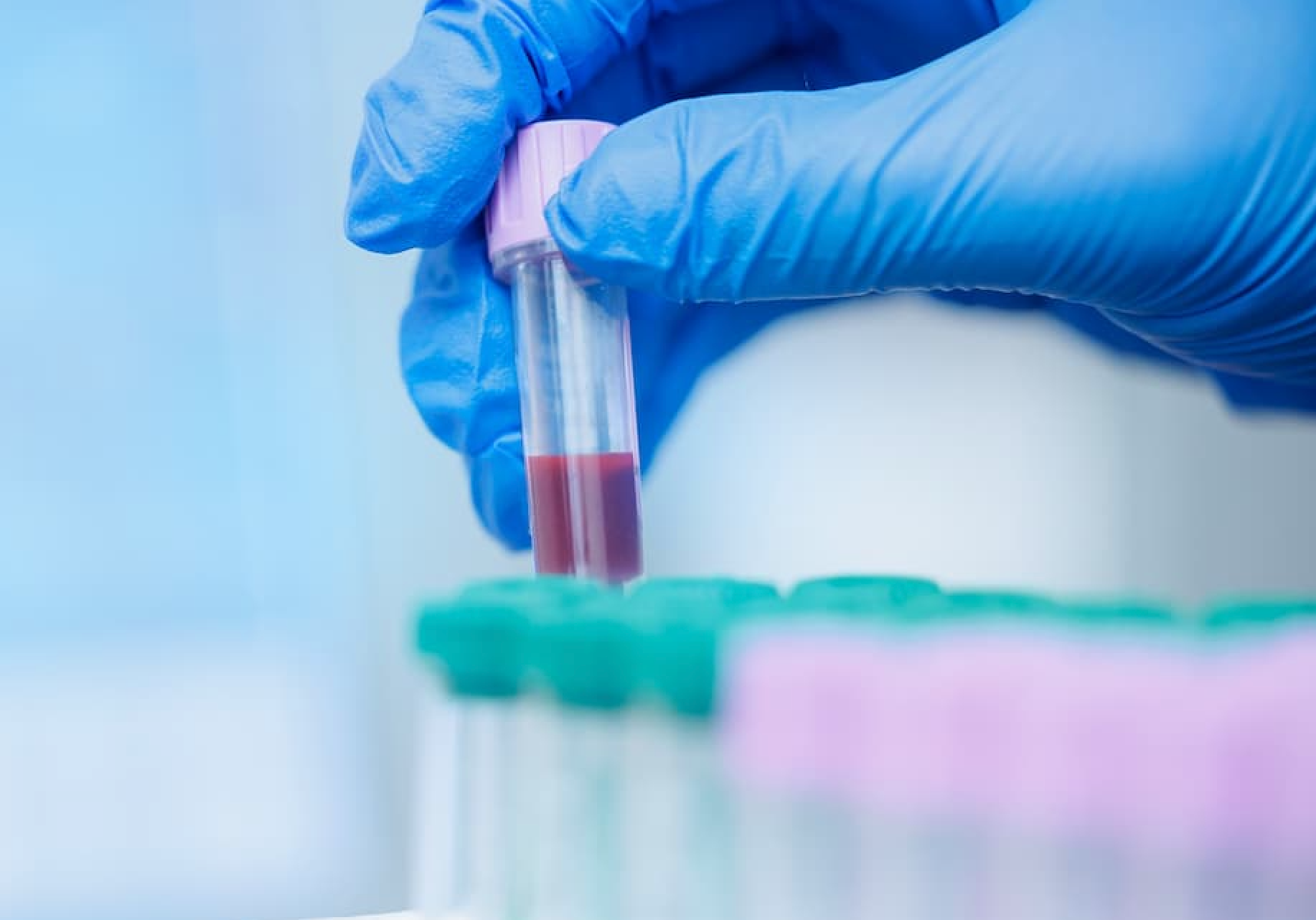
A Survivor’s Guide to Living With Bladder Cancer
Bladder cancer survivor Darrell Nakagawa shares his diagnosis story and why support groups matter.
By
Lana Pine| Published on July 21, 2025
2 min read
Darrell Nakagawa’s journey with bladder cancer began with subtle signs that were easy to dismiss — frequent urination, fatigue and elevated prostate-specific antigen (PSA) levels that were initially treated with antibiotics. It wasn’t until microscopic blood appeared in his urine that he was referred to a urologist, triggering the series of tests that led to his bladder cancer diagnosis. At the time, Nakagawa was participating in a clinical trial for fatty liver disease and had to withdraw due to cancer being a disqualifying factor.
For Nakagawa, the diagnosis was a “bump in the road,” but also a wake-up call about how little awareness there is around bladder cancer. “Many of us hear the words ‘bladder cancer’ for the first time when a doctor says, ‘You have it,’” he says. He’s since dedicated himself to increasing awareness and building community through support and advocacy.
One of his key contributions has been helping establish a bladder cancer support group at Northwestern. During the early days of the COVID-19 pandemic, he noticed a surge in isolation and depression among patients, particularly those he encountered through the Bladder Cancer Advocacy Network’s online space. That prompted him to work with his health care providers to create a space for peer connection.
Nakagawa believes a well-run support group hinges on a knowledgeable facilitator who can help uncover what patients may be experiencing beneath the surface. As a longtime patient advocate involved in clinical trials and drug approval monitoring, he brings critical insights into new treatment options, including promising therapies in non-muscle-invasive and muscle-invasive bladder cancer.
Now more than eight years cancer-free, Nakagawa emphasizes that bladder cancer is survivable, and his story reflects a message of hope. He also highlights the financial and emotional toll of routine surveillance like cystoscopy, an invasive procedure to monitor recurrence. Fortunately, research is underway to find less invasive fluid- or blood-based alternatives.
Ultimately, Nakagawa’s message is clear: “Yes, you can feel this. Yes, this is normal. And yes, there is hope.”

